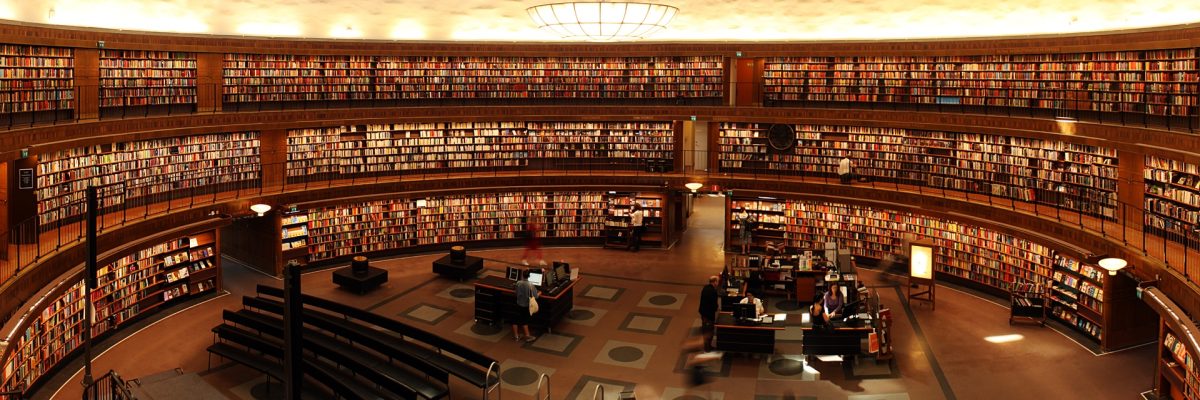Globalization has rearranged the world in so many dimensions, bringing countries, economies, and cultures closer than ever. One of the most topical debates that surrounds globalization is about the effect it has had on cultural identity, that is, the belonging to a culture, tradition, or nationality. As the world increasingly interlinks, there is a great intermingling of cultures, exchange of ideas, and often conflict. Resulting from this fact, many have come to question how unique cultural identities can be preserved in this encompassing world. Does globalization stifle cultural diversity or encourage new ways of cultural expression and understanding? The essay takes an in-depth look at the relationship of globalization to cultural identity by investigating some of the challenges and opportunities that are emerging from such interaction.
Influence of Globalization on Cultural Identity
Globalization affects cultural identity in many ways, considering the fact that it spreads cultural products including media, fashion, food, and technology. It aids cultures to spread beyond geographical boundaries and allows people to experience diversified ways of life from outside their countries. For example, Hollywood movies, K-pop, sushi, and international brands such as McDonald’s and Nike have become well-known throughout the world. Such influences will help people open up more and create a bigger worldview.
However, the unavoidable supremacy of certain cultures, particularly those of the West, creates the apparent prospect of diffusing a culture that would be uniform through time and space. Quite often, more Western values, ways of life, and consumerism overshadow and become more expressed than more localized traditions and languages, sparking some fears that globalization might make threats to or replace the specifics of autonomous cultures. In large parts of the world, long-standing practices and ways of life are being rewritten, reinterpreted, or rejected for global trends. The result is sometimes referred to as cultural convergence, where the local identities start taking features of the other, hence making them lose their originality in the process.
Cultural Hybridization: A Product of Globalization
Though it sounds somewhat contradictory, globalization can promote cultural hybridization in a way. Hybridization means the mixture of different cultures into something new and different. In the light of these explanations, globalization does not necessarily destroy cultural identity through hybridization but alters this by introducing global currents into the local current. Musical styles such as Afrobeat, Latin trap, and Bollywood pop cropped up as distinctive fusions of local and international influences.
The other example can be drawn from the food industry. For example, pizza has its roots in Italy and sushi in Japan, but through both cuisines having their respective cuisines adapted and modified into tasting differently in different countries, variations around the world just become too many to count. It is through this mixing that new cultural identities are formed, not bounded by a national context, reflecting the global nature of modern life. These are hybrid identities that help the individual connect to both heritage and global culture, allowing the nature of identities to become more fluid and dynamic.
The Role of Media in Shaping Cultural Identity
The media is an important part of the globalization process for people’s cultural identity. Global television networks, social media, and streaming services constitute a world without borders in either information or entertainment. Such wide exposure to global content enables individuals to understand and adjust to different cultural perspectives.
However, such media taken over by a few powerful nations, especially the Western ones, created a lot of concern about cultural imperialism. Many critics point out that such media hegemony projects and promotes Western values and norms at the cost of vernacular identities. For example, American films, British soap operas, and international social networking sites often set the cultural standards relating to fashion, language, and social behaviors. This could make the local cultural narratives less relevant and would ultimately result in a homogenized global culture.
On the contrary, the internet and social media revive and promote local and marginalized cultures. What earlier would have been an impossible task to undertake can now be done through digitization, thus giving indigenous communities and small cultural groups a venue through which they could make their presence felt all over the world: raising awareness regarding their traditions, languages, and struggles. This has indeed succeeded in allowing the minorities of culture to answer the pressurizing forces of assimilation with the use of social media activism in a globalised world.
Globalization, Migration, and Identity
Globalization made the movement of people across borders easier, hence increasing cultural diversity within a nation. Migration enabled people to carry their culture, language, and traditions to other parts of the world, therefore enriching the culture of that particular place. In multicultural societies, this kind of cultural exchange brings about a mosaic of traditions coexisting and enriching the social fabric.
At the same time, however, migration challenges individuals’ sense of cultural identity. Immigrants and their descendants find it impossible to hold onto their own culture amidst their integration into the dominant culture of their new country. An identity crisis from feeling torn between cultures often results. The development of global diaspora or ethnic communities residing outside their country of origin further shows how globalization compounds the issues in relationship to cultural identity and national boundary.
This at times means that migration and globalization can act as instigators of nationalism and cultural protectionism, whereby the state or community works against foreign influences to preserve their native culture. Most of the recent resurgence of nationalism in some parts of the world and policies limiting immigration or aimed at preserving “national values” are partially a backlash against globalization perceived as a threat to cultural identity.
Preserving Cultural Identity in a Globalized World
Since globalization remains strongly impinging on cultural identity, most countries and communities have engaged in strategies of preserving and promoting their respective cultures. Most governments are doing their part by promoting native languages, preserving historical landmarks, and encouraging traditional arts and crafts. International organizations such as UNESCO have also contributed towards protecting cultural diversity through developing World Heritage Sites and traditional cultural practices as part of the intangible heritage of the world.
Meanwhile, individuals and societies have become more creative in taking ownership of their cultural identities. In most world cities, the enjoyment and sharing of traditional festivals, music, and food have gained widespread popularity, reconnecting people with their heritage while sharing it with others at the same time. Cultural pride movements mainly engage the younger generation, showing that globalization does not necessarily mean that cultural identity is lost; it provides certain opportunities to re imagine and reinforce this identity.
Conclusion
Globalization and cultural identity go hand in glove. The interaction between ideas, tradition, and ways of life resists, changes, and sometimes preserves the ways in which people think about their culture. Globalization, even as it creates the risk of cultural homogenization, equally creates hybridization, innovation, and the revival of tradition in new settings. The question of whether globalization threatens or enhances cultural identity, therefore, is seriously moot. It is how individuals, communities, and nations respond to the pressures of globalization that, in fact, provide the mosaic of possibilities which enable one to negotiate this complex relationship without drowning either the local or the global identity.


